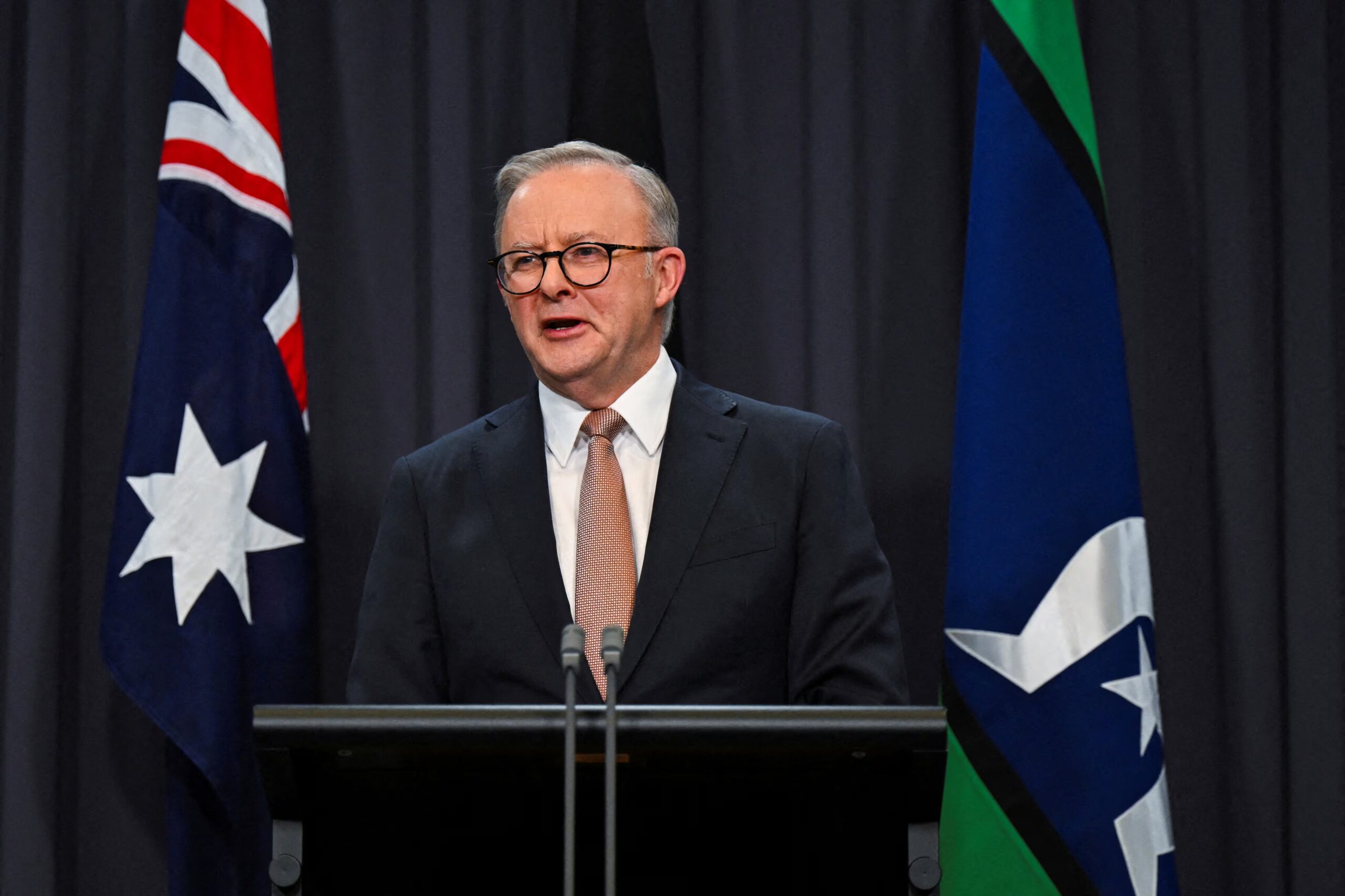Weight-loss drugs like Wegovy have become popular options for people looking to shed extra pounds. Yet, recent research suggests that these medications might not lower overall healthcare costs. An analysis of U.S. health insurance claims highlights that despite helping with weight loss, the total cost of care for patients using these drugs has increased significantly over two years.
A Closer Look at the Data: How Costs Changed for Wegovy Users
According to an analysis of over 3,000 U.S. patients’ insurance claims, the average cost of care for individuals who started using Novo Nordisk’s Wegovy or similar GLP-1 weight-loss drugs was $18,507 per year—46% higher than their pre-treatment costs of $12,695. This increase was observed within just two years of starting the medication.
In comparison, a control group of patients with obesity who did not use these drugs saw a more modest 14% rise in their healthcare costs over the same period. This sharp contrast has raised questions about the long-term economic impact of using GLP-1 drugs like Wegovy, Ozempic, and others.
Prescription Drug Costs: A Major Driver of the Increase
The analysis points out that a significant portion of the cost increase for GLP-1 users comes from prescription expenses. While the medications help many patients achieve their weight-loss goals, the price tag of these drugs contributes heavily to rising healthcare costs. In addition to the medication costs, other medical expenses, such as doctor visits and follow-up tests, also increased during the study period.
Lack of Reduction in Obesity-Related Health Issues
A key finding from this analysis is that the use of GLP-1 drugs did not result in a measurable reduction in obesity-related health conditions like heart attacks, strokes, or the onset of type 2 diabetes. Additionally, there was no notable decline in the use of prescription drugs for managing hypertension and high cholesterol among those using GLP-1 drugs, as compared to the control group.
- 5 Best Nuclear Energy Stocks and ETFs to Buy Now
- Christmas Gift Ideas Made Easy: How ChatGPT Can Help You Find the Perfect Present
- Albanese Government’s Super Tax Plan Abandoned: What It Means for Australia
- Black Friday Protests: Amazon Workers Strike Globally for Better Rights and Climate Action
- Earth’s Mini Moon: A Cosmic Visitor Bound for the Sun
This lack of impact on major health events has surprised some experts, as it contradicts earlier hopes that weight-loss drugs could help reduce the overall burden of obesity-related diseases.
Novo Nordisk and Eli Lilly’s Role in the Market
Novo Nordisk, the maker of Wegovy, and Eli Lilly, which manufactures Zepbound, have achieved substantial profits since introducing their GLP-1 weight-loss medications to the U.S. market. Despite their success, these drugs have reached only a small fraction of the estimated 100 million U.S. patients who suffer from obesity.
Both companies argue that their medications offer potential long-term savings by helping to alleviate various health problems tied to obesity. However, the data from this analysis has led to a more cautious approach among U.S. employers and government health officials when considering coverage for these expensive drugs.
Employers and Insurers Are Cautious About Coverage
The high initial cost and the uncertainty of future savings have made many employers and insurers reluctant to cover GLP-1 drugs for weight loss. Patrick Gleason, Assistant Vice President for Health Outcomes at Prime Therapeutics, a pharmacy benefits manager, emphasized that employers should expect to pay around $11,200 more per patient during the first two years of treatment. These additional expenses result from the price of the drugs and the lack of corresponding reductions in related medical costs.
While discounts on these drugs are available, not all rebates are applied, making the net cost of therapy higher for insurers and employers. This has led some to question whether the potential benefits of covering such medications are worth the upfront financial burden.
Patient Adherence: A Critical Factor in Realizing Benefits
One of the challenges with GLP-1 drugs is patient adherence. According to the analysis, only 25% of patients who started on Wegovy or Ozempic for weight loss were still using the medication two years later. This low adherence rate has made it challenging to replicate the health benefits that clinical trials suggested, according to David Lassen, Vice President for Pharmacy Clinical Services at Prime Therapeutics.
He noted that longer-term data—potentially over three years—might be required to fully understand the cost implications of these drugs. This suggests that while GLP-1 drugs hold promise, it may take more time to see their impact on overall healthcare costs.
Insights from Prime Therapeutics’ Study
Prime Therapeutics’ analysis involved reviewing pharmacy and medical claims data from 3,046 individuals with commercial health plans that included coverage for GLP-1 medications. All participants received new prescriptions for these drugs between January and December 2021, and had a diagnosis of obesity or a body mass index (BMI) of 30 or above.
Among the analyzed group, 46% were using injectable versions of semaglutide like Wegovy and Ozempic, while others used older medications such as Saxenda (liraglutide), Victoza, or oral semaglutide (Rybelsus). The study excluded individuals with a diagnosis of diabetes or those using GLP-1 drugs for type 2 diabetes management, as these medications were originally developed for such conditions.
Demographic Insights: Who Are the GLP-1 Users?
The analysis revealed some demographic trends among GLP-1 users. The average age of patients in the study was 46, and a significant 81% were women. This gender disparity may reflect a greater willingness or need among women to seek medical interventions for weight management.
Despite the promising results from clinical trials, many patients struggle to maintain long-term use of these drugs, which raises concerns about their real-world effectiveness.
The Debate Around Long-Term Savings
Novo Nordisk and Eli Lilly maintain that their GLP-1 drugs can deliver substantial savings by reducing health complications linked to obesity. However, this analysis casts doubt on such claims, particularly when viewed through the lens of real-world insurance data. While it’s true that weight loss itself is a significant benefit, the anticipated reductions in medical expenses for heart-related conditions or diabetes management have not yet materialized in the first two years of therapy.
The Role of Lifestyle Changes in Achieving Lasting Results
Prime Therapeutics supports the idea that GLP-1 medications should be combined with lifestyle modification programs to maximize their effectiveness. This could mean incorporating diet changes, increased physical activity, and regular medical check-ins to achieve the best possible outcomes.
Many experts agree that medication alone may not be enough to tackle the complex issue of obesity. Addressing it requires a holistic approach that includes long-term lifestyle adjustments and ongoing medical support.
Insights from Bariatric Surgery Research
Valerie Smith, an associate professor of population health sciences at Duke University, pointed out that her research on bariatric surgery also found no significant reductions in long-term medical costs, even when patients maintained weight loss for years. This suggests that while weight reduction is beneficial, it may not necessarily lead to immediate cost savings in healthcare.
Smith also highlighted that the current analysis might overlook potential savings among specific patient groups, such as those with severe obesity or multiple chronic conditions. Further research could help identify which subsets of patients might benefit most from GLP-1 drugs.
What’s Next for GLP-1 Drugs and Obesity Treatment?
The future of GLP-1 drugs as a solution for obesity remains uncertain. While these medications are effective at helping people lose weight, the lack of significant cost reductions has caused many insurers and employers to reconsider their value. As new data emerges, it will be important to continue analyzing the long-term effects of these drugs on both health outcomes and healthcare costs.
In the meantime, the discussion around GLP-1 drugs serves as a reminder that weight management is a multifaceted issue, requiring both medical intervention and commitment to lifestyle changes. The journey to a healthier society involves understanding the complexities of obesity treatment and finding the best approach for each individual.





